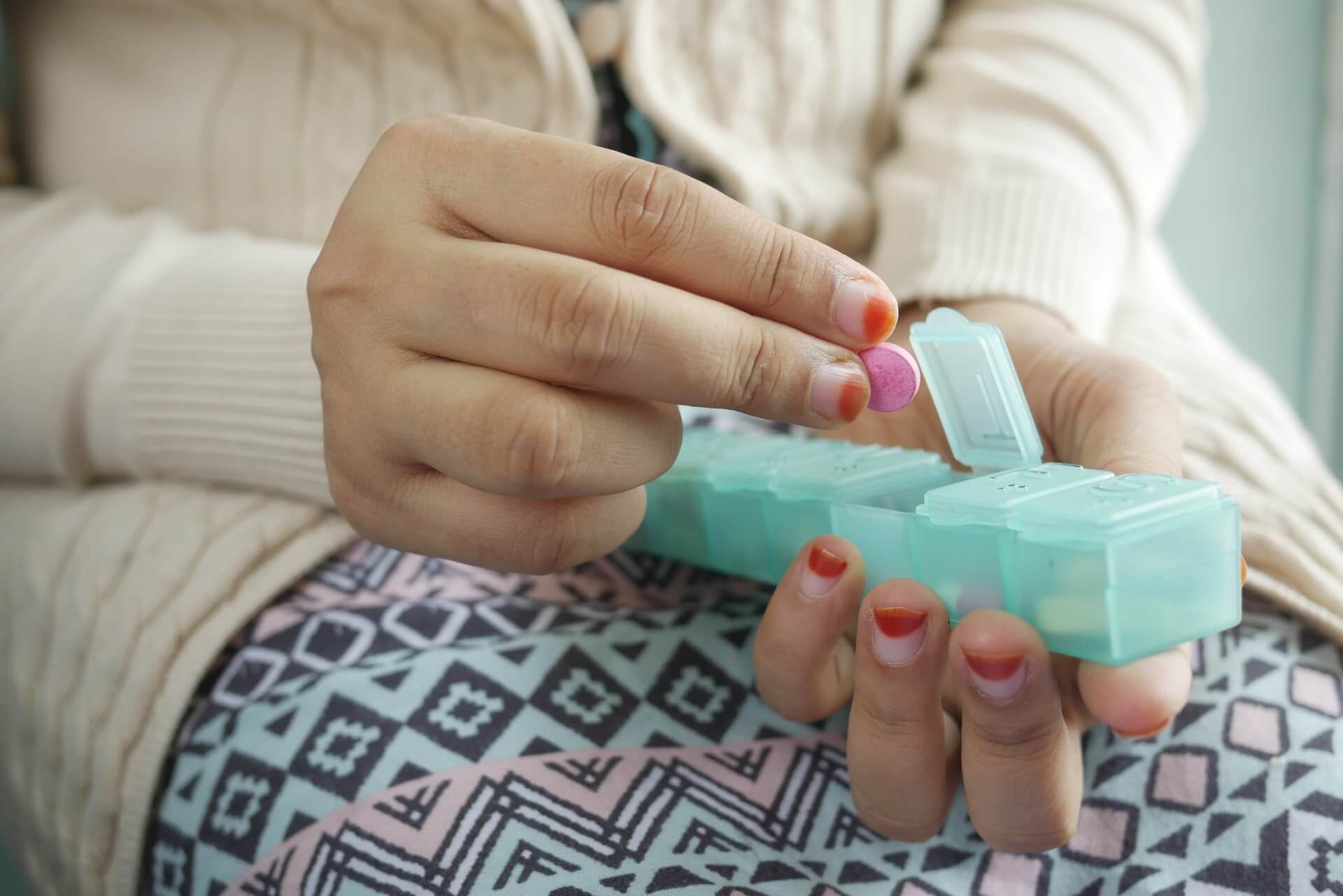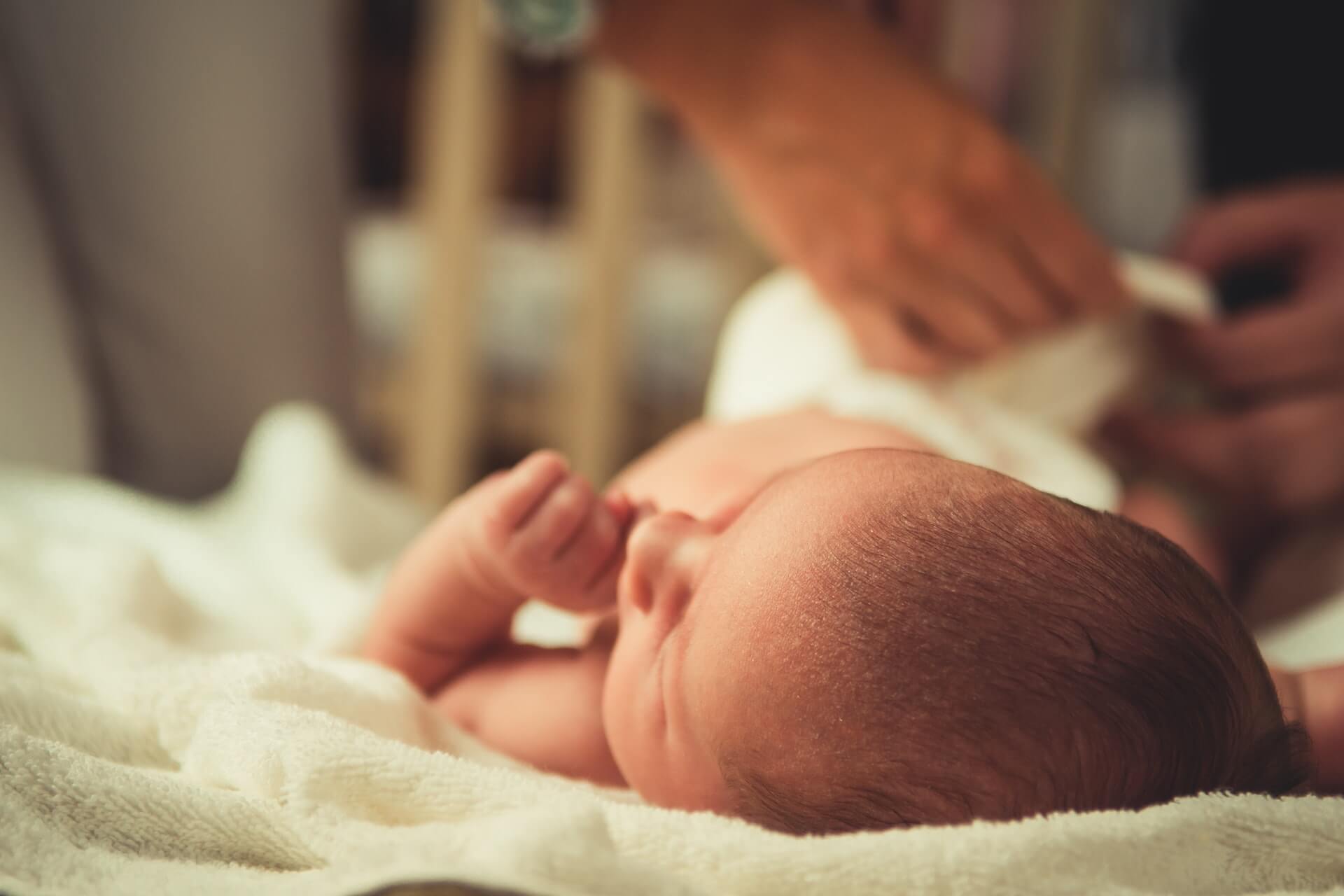What is implantation bleeding?
Some mild spotting may develop when a fertilized egg attaches to the uterine wall, where it can begin to grow.
This is known as implantation bleeding, and it can be one of the first indications that you are pregnant. Some women do not have this type of bleeding, while others just do not notice it. If this occurs, it does not signal that there is an issue with your pregnancy. If you’re wondering if you’re pregnant, try our Am I Pregnant? quiz and pick up a home pregnancy test.
If the test is positive, make an appointment with your doctor. They can confirm the pregnancy and help you get started on prenatal care.
Implantation bleeding occurs when the fertilized egg (embryo) attaches to the wall of the uterus. This attachment causes the release of blood from the uterine lining into the vagina.

Is It ImplanIs It Implantation Bleeding or My Period?
Is It Implantation Bleedings?
The first sign that your period has arrived is usually some spotting. This can occur anywhere from 2-7 days before your period starts. If this happens, then you are probably experiencing implantation bleeding. This is typical and should not be seen as a cause for concern. 2.
Is It My Period? If you have experienced any other symptoms like cramps, nausea, breast tenderness, backache, etc., then you may be having your period. You may notice that you have missed your last period or that you have had irregular cycles over the past few months. If you are concerned about your cycle, you should contact your doctor immediately.
Is It Implantation Bleedings?
The first sign that your period has arrived is usually some spotting. This can occur anywhere from 2-7 days before your period starts. If this happens, then you are probably experiencing implantation bleeding. This is typical and should not be seen as a cause for concern.
Is It My Period?
If you have experienced any other symptoms like cramps, nausea, breast tenderness, backache, etc., then you may be having your period. You may notice that you have missed your last period or that you have had irregular cycles over the past few months. If you are concerned about your cycle, you should contact your doctor immediately.
The amount of blood
Implantation bleeding isn’t severe; it’s more akin to a discharge or light spotting, with only a few drops of blood on your underwear.
The colour of the spotting
The blood following implantation is pinkish or brown in hue, rather than the vivid red that some women experience during their period.
When Does Implantation Bleeding Happen?
You may notice implantation bleeding around 10 to 14 days after conception when a fertilized egg becomes attached to the lining of your uterus. This usually happens about 10 days after conception, or about a week after ovulation. The bleeding is usually light and may last for a few hours to a few days. Some women mistake this for their regular period and don’t realize they’re pregnant until they miss their next period.
When Does Implantation Bleeding Happen?
You may notice implantation bleeding around 10 to 14 days after conception when a fertilized egg becomes attached to the lining of your uterus. This usually happens about 10 days after conception, or about a week after ovulation. The bleeding is usually light and may last for a few hours to a few days. Some women mistake this for their regular period and don’t realize they’re pregnant until they miss their next period.
Remember that conception may not occur on the same day as intercourse. Sperm can survive in a woman’s reproductive system for up to five days, and conception may not occur for several days the following sex.
Should I Get a Pregnancy Test While I’m Having Implantation Bleeding?
During implantation bleeding, you can perform a home pregnancy test. Keep in mind that the pregnancy hormone human chorionic gonadotropin (or hCG), which pregnancy tests detect, begins to be created in your body only when the fertilized egg is implanted in the uterus – the event that causes implantation bleeding. The earlier you take the test, the less hCG is detectable, implying that the test is not yet accurate. You’ll receive a more accurate test result if you wait until after the first day of your missed period if you have the patience to wait.
If the test results are positive, make an appointment with your healthcare professional to confirm your pregnancy. You can also receive an estimate of when to Expect your baby by using our helpful due date calculator.
This question was asked by a friend who had just gotten pregnant. She wanted to know if she should take a pregnancy test during her implantation bleeding. This is a common question raised by many ladies. There are several reasons why you may want to get tested during your implantation bleeding.
First, you may have missed your period and not realize that you are actually pregnant. If this is the case, then you can take a home pregnancy test right away. You can also do a urine test at home. However, it is best to go to your doctor’s office for a blood test. This way, they can check your hormone levels and confirm whether or not you are pregnant.
Second, you may be experiencing some symptoms of pregnancy but still be unsure if you are actually pregnant. Some of these symptoms include breast
tenderness, nausea, vomiting, fatigue, headaches, and backaches. These symptoms are usually caused by hormonal changes that occur during pregnancy. They are normal and should subside once you are pregnant.
Third, you may be trying to conceive and want to make sure that you are ovulating correctly. To determine if you are ovulating correctly, you can use a fertility monitor. A fertility monitor measures the amount of estrogen and progesterone in your body. When you are ovulating, your estrogen level will rise and your progesterone level will drop. By using a fertility monitor, you can track your cycle and determine when you are ovulating.
Fourth, you may be trying for multiple pregnancies and want to make sure you are not pregnant with twins or triplets. If you are trying for multiples, you need to make sure that you aren’t pregnant with twins or triplet babies. You can do this by taking a pregnancy test after each month of your menstrual cycle.
Fifth, you may be trying out different methods of conception and want to make sure your method works. You can do this with a pregnancy test. After you have sex, you can take a pregnancy test to make sure that you don’t become pregnant.
Should I See a Doctor?
The answer is yes! If you are experiencing implantation bleeding (bleeding that occurs after ovulation), your doctor may want to perform a pregnancy test at this time. This can help determine if you are pregnant or not.
If you’re trying to get pregnant, you might be wondering if implantation bleeding is a sign that you’re successful. Unfortunately, there’s no sure way to know. Some women experience implantation bleeding, which is spotting or light bleeding that occurs when the fertilized egg implants in the uterus. However, not all women experience this symptom, and there’s no way to predict whether or not you will.
This page is based on professional advice from reputable medical and government organizations, such as the American Academy of Pediatrics and the American College of Obstetricians and Gynecologists. This page’s material should not be used in place of professional medical advice. For a complete diagnosis and treatment, always seek the advice of a medical expert.















Leave a Reply
View Comments